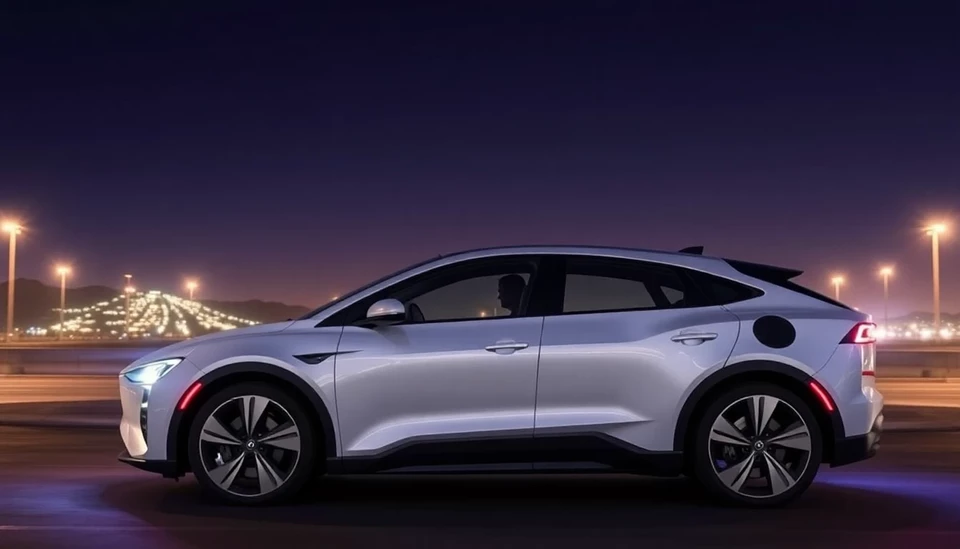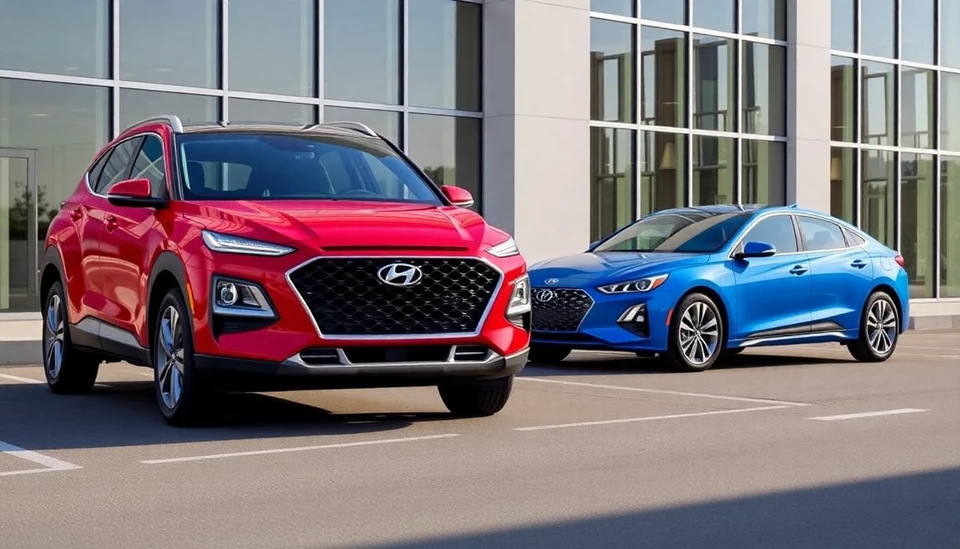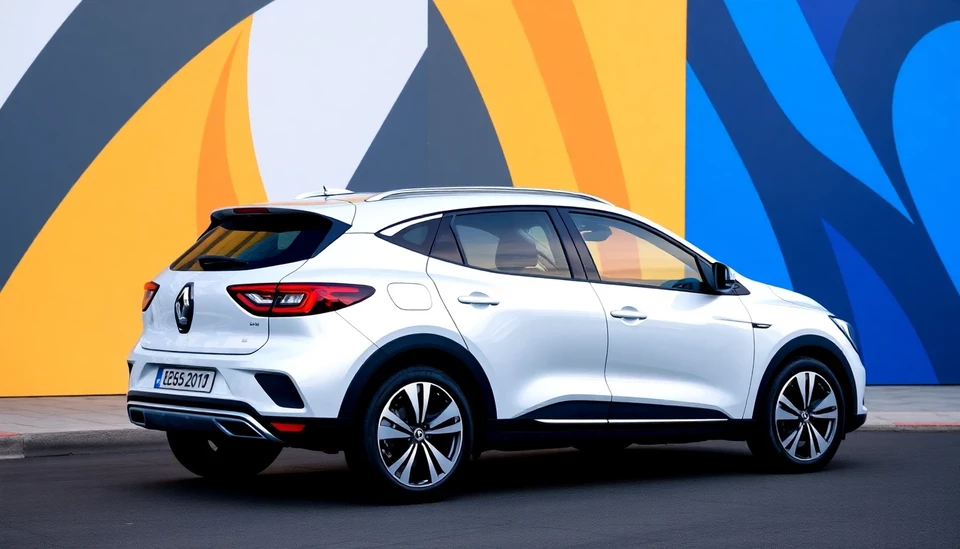
As the automotive industry continues to evolve, electric vehicles (EVs) are poised to make significant gains in 2025, marking yet another record-breaking year. Recent trends and statistics indicate a surge in consumer demand and advancements in technology that suggest the EV market is entering a robust growth phase. Factors contributing to this optimistic outlook include increased production capacities, expanding model offerings, and heightened government incentives aimed at promoting greener energy solutions.
Manufacturers are ramping up their electric vehicle production lines to align with surging consumer interest. Major automotive companies have adopted ambitious targets to shift a more significant percentage of their offerings towards electric models. This strategic realignment not only caters to the growing demand but also positions manufacturers advantageously as regulatory environments favor low-emission vehicles. Industry leaders are optimistic about exceeding prior sales records, driven by new models coming to market that boast enhanced range, performance, and affordability.
Additionally, the transition to electric vehicles is being bolstered by significant advancements in battery technology. Innovations in battery design and materials are leading to enhanced energy density and faster charging times. As a result, the range anxiety that previously deterred potential EV buyers is diminishing. This positive shift is essential as convenience becomes a key factor influencing consumer purchase decisions. EV models now offer competitive ranges that make them more appealing than ever to a broader audience.
Government regulations and incentives are also playing a crucial role in catalyzing the EV market. Various jurisdictions are offering rebates and tax credits to lower the initial purchase costs associated with electric vehicles. Furthermore, several governments have set ambitious targets to phase out internal combustion engine vehicles entirely, prompting manufacturers to prioritize EV production. These policies not only incentivize consumers to switch to electric but also foster a competitive landscape among automakers striving to innovate and capture market share.
EV infrastructure continues to expand rapidly, with charging networks being enhanced to accommodate the increasing number of electric vehicles on the road. Investments in fast-charging stations and improved grid capabilities are reducing barriers to adoption. As more consumers become comfortable with the convenience of accessing charging points, the overall appeal of electric vehicles is likely to rise even further.
International markets are also experiencing a notable shift towards electric mobility. Countries like China and various European nations are leading the charge with substantial investments in electric vehicle technology. The global nature of the EV market allows for cross-border collaborations and knowledge sharing, driving innovation and accelerating the timeline for electric vehicle adoption worldwide. These global initiatives play a significant role in centralizing focus on sustainability and reducing carbon footprints.
With all these factors converging, 2025 is set to be a landmark year for electric vehicles, characterized by record sales and market expansion. The ongoing commitment from governments and manufacturers alike signifies a historic pivot in the way we think about transportation and its impact on the environment. As consumers embrace the benefits of electric driving, it’s becoming increasingly clear that the future of the automotive industry is electric.
As we move forward, the importance of staying informed about the rapidly evolving EV landscape cannot be overstated. The combination of technological advancements, supportive policies, and consumer preferences will shape the narrative surrounding electric vehicles in the years to come.
#ElectricVehicles #EV2025 #GreenTransport #Sustainability #FutureOfMobility
Author: Samuel Brooks




